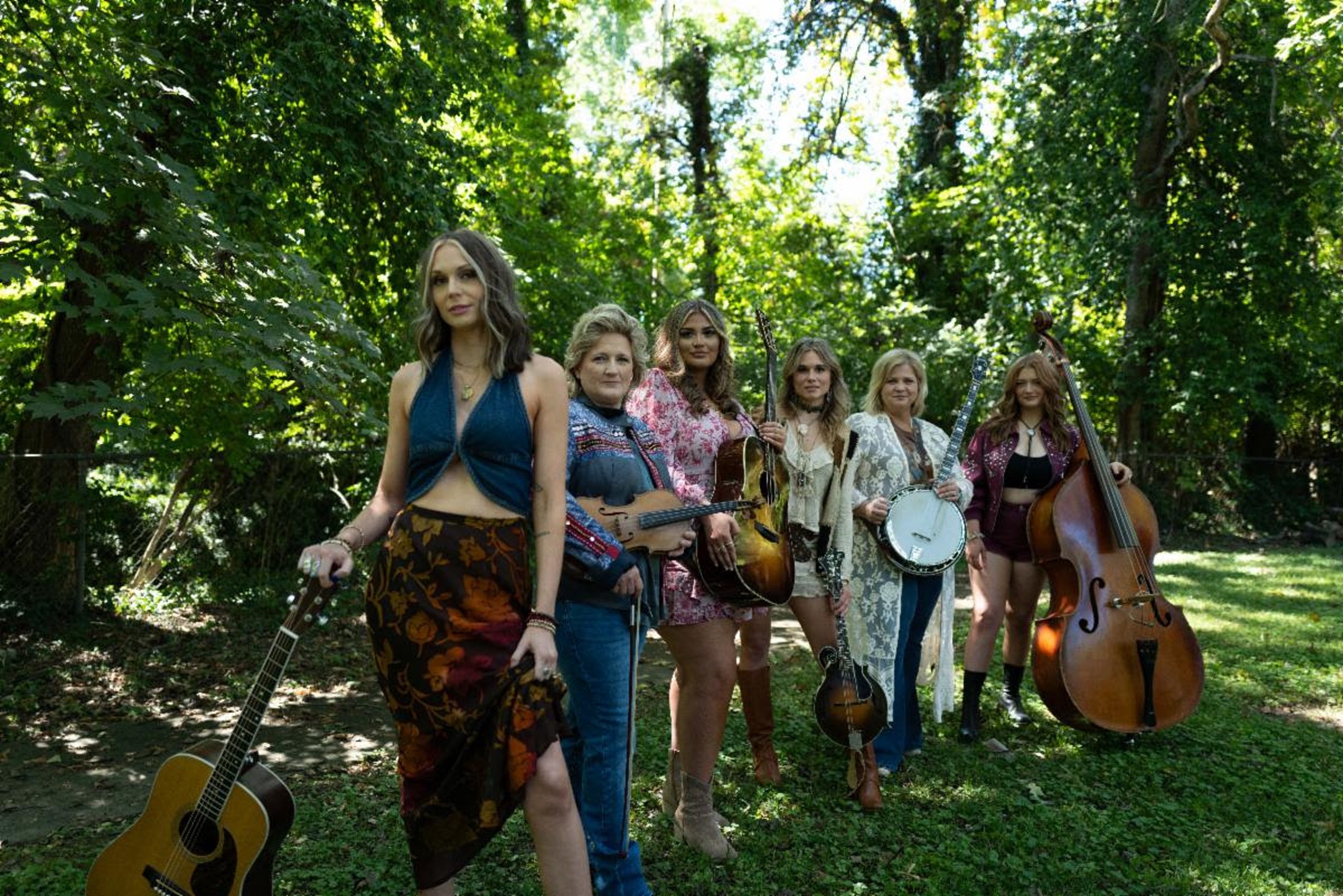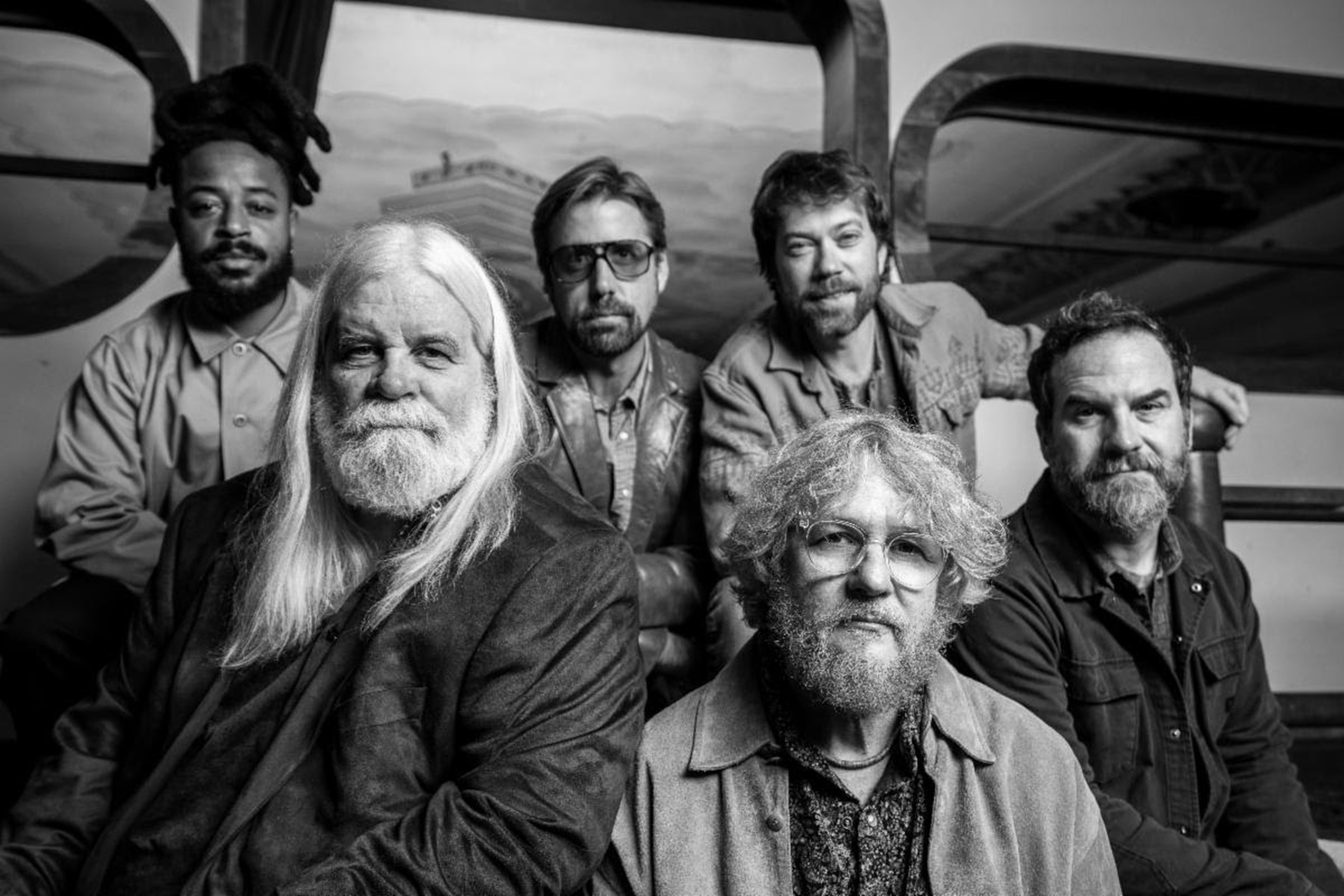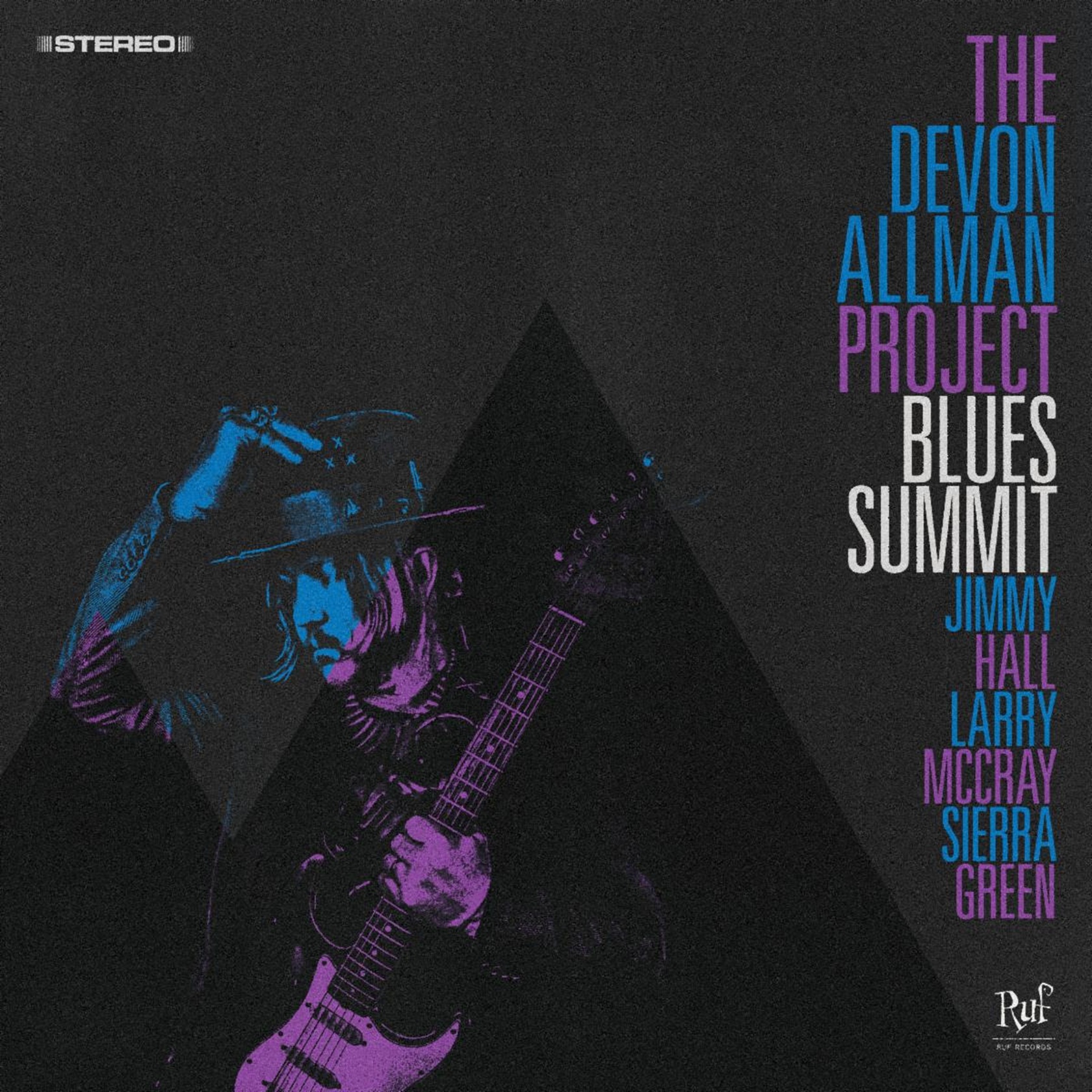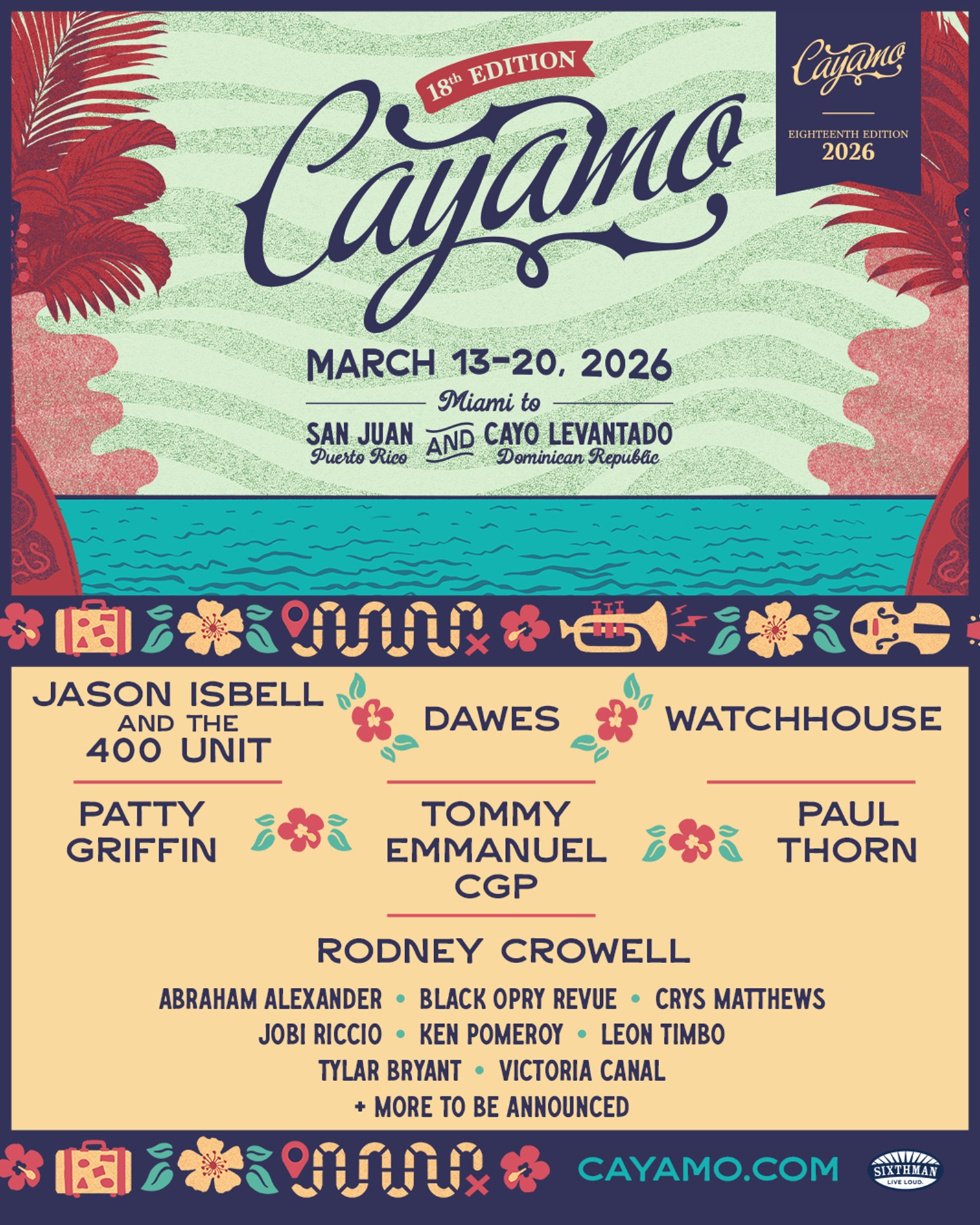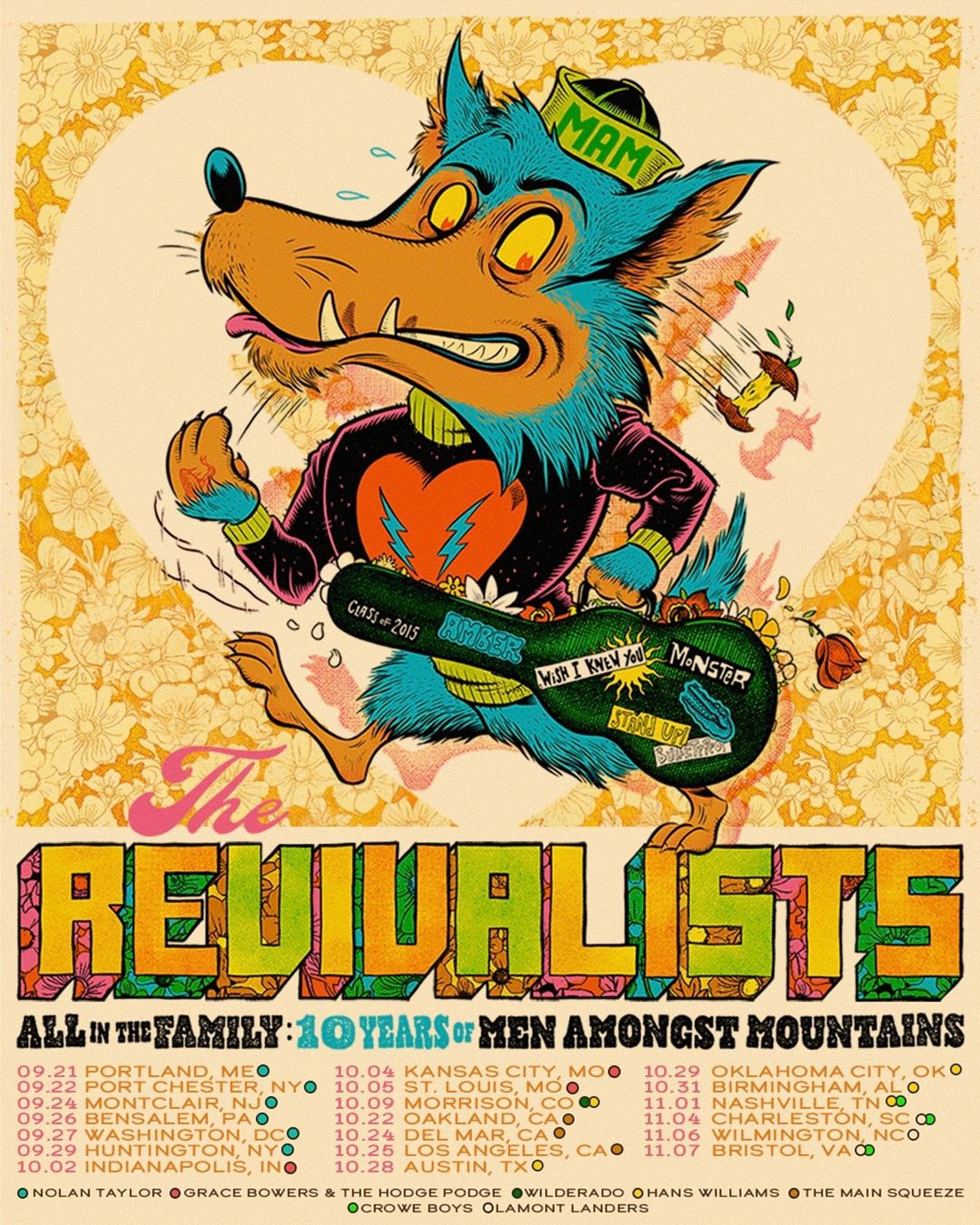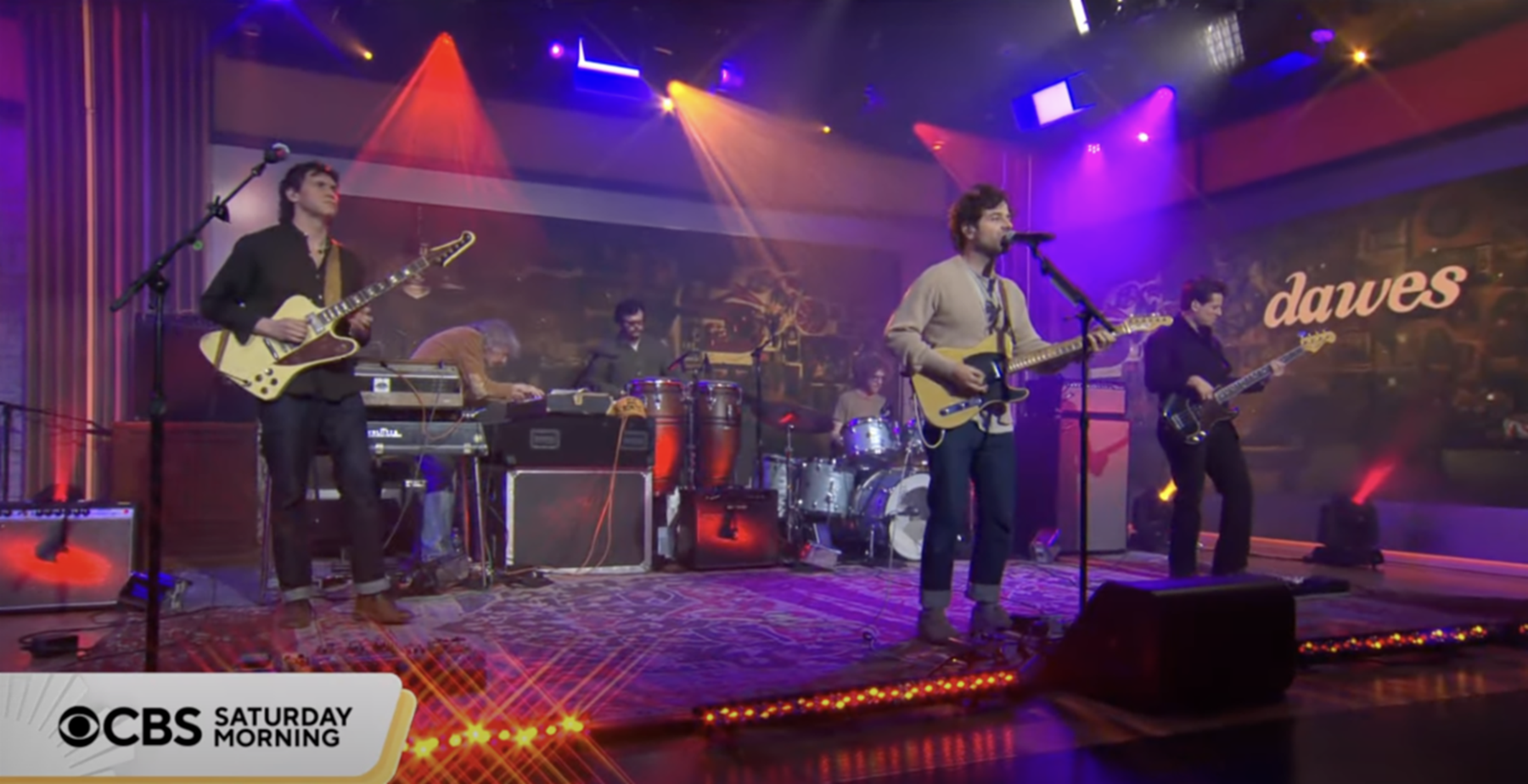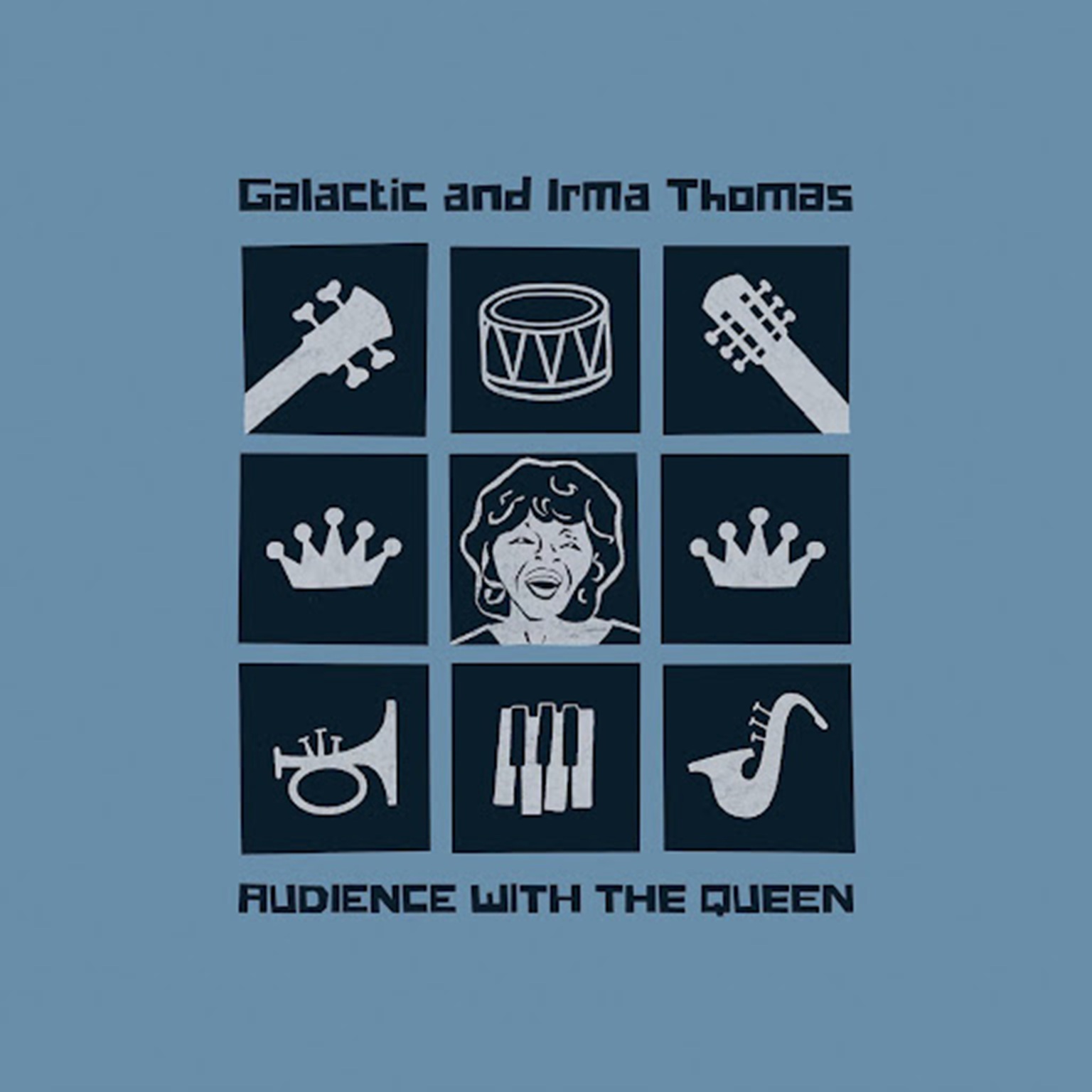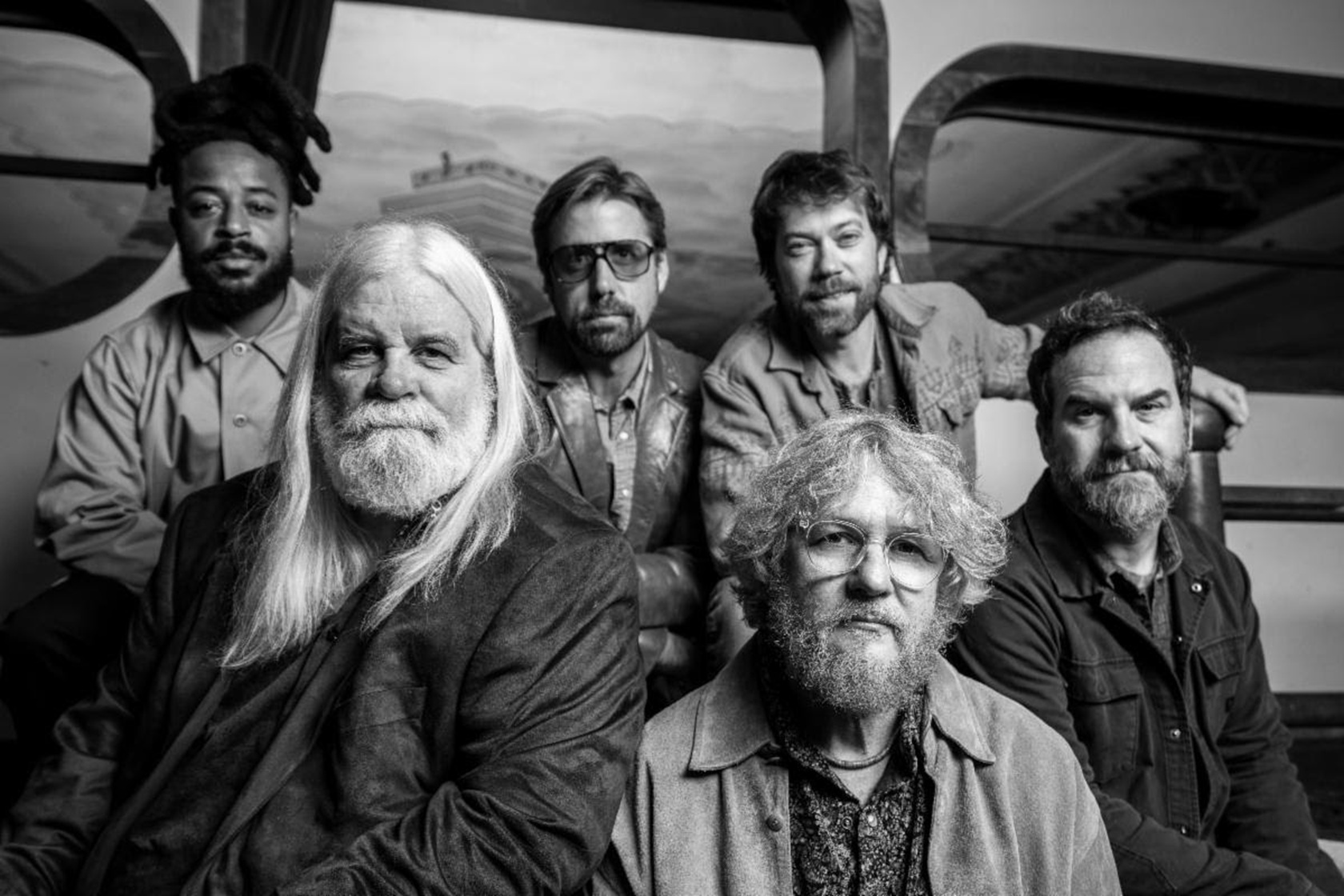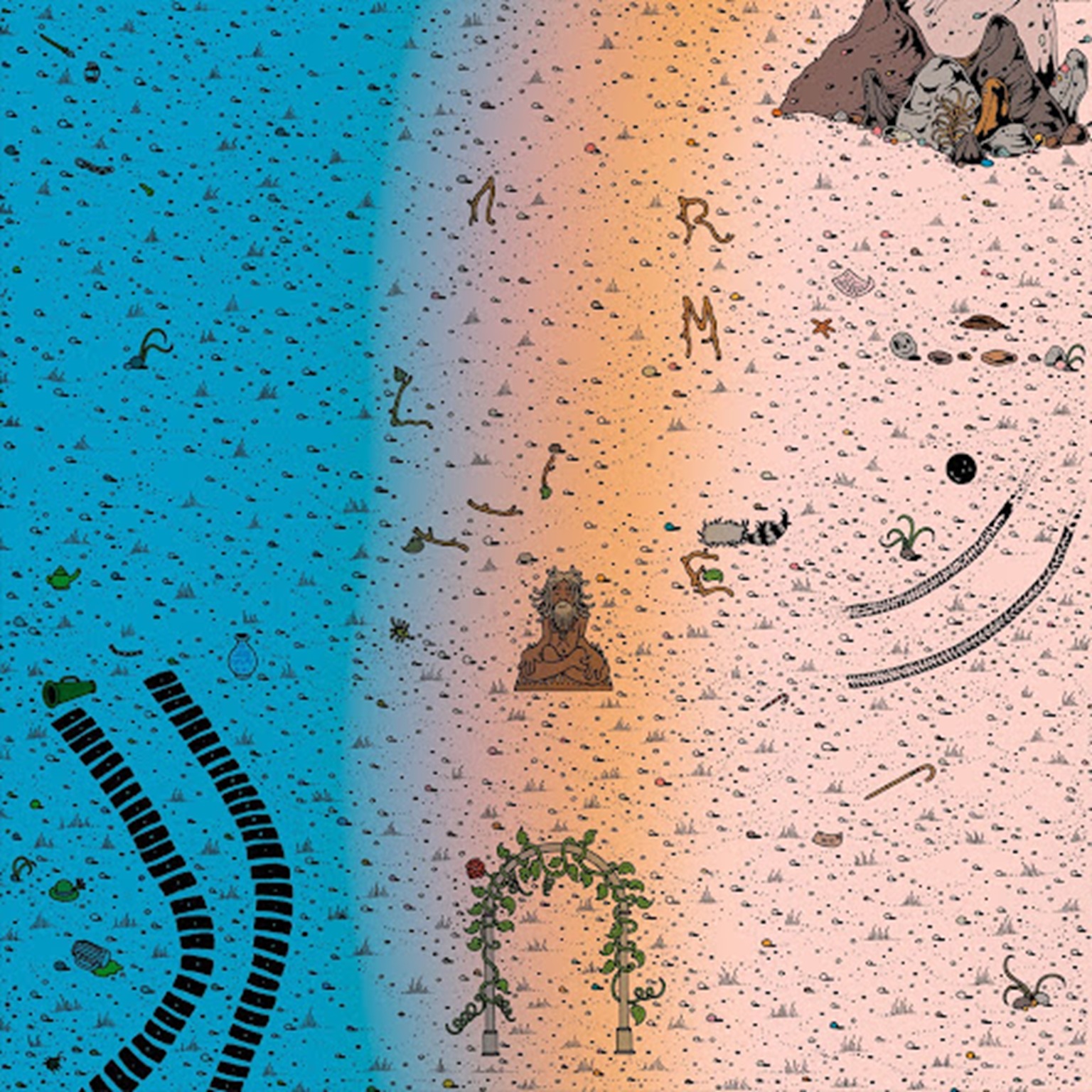Sister Sadie always meant to push boundaries when they came together as an all-female crew of bluegrass icons in 2012. Musically, personally and perceptually, they were on the cutting edge, earning a 2020 IBMA Entertainer of the Year, three successive Vocal Group of the Year and other wins and a Grammy nomination for Sister Sadie II; but they were always more about the fellowship.
With some reconfiguration over the last couple of years, founders Deanie Richardson (fiddle) and Gena Britt (banjo) have propelled their harmony-forward, musicianship-driven band into a second act emerged with the same care and standards the original Sadie was born of. Multui-generational, single, married, children, grandchildren, the six-pack also includes 2024 IBMA Female Vocalist/guitarist Jaelee Roberts, guitarist/vocalist Dani Flowers, mandolinist Rainy Miatke and bassist/vocalist Maddie Dalton.
After scoring eight 2024 International Bluegrass Music Association Awards nominations, Sister Sadie, Mach 2 knew the decision to expand who they were and seek new places in their songcraft was the right one. As two-time and 2024 IBMA Fiddler of the Year Richardson says, “We’ve all been working across the bluegrass world since we were kids, Gena and I have watched Rainy and Maddie grow up as players, so this feels like bluegrass growing its own future.
“We went in to record No Fear wondering how far can we go? Jaelee’s voice has so many colors, so our harmonies fall together with this chemistry. Hearing that sound, it really opened up our creativity – and the things we wanted our songs to say. No Fear isn’t the title by accident.”
The women of Sister Sadie were given the opening “Willow” by their good friend and Grammy-winner Ashley McBryde, who also sings on “Ode To The Ozarks.” In addition to the quick picking instrumental “Pad Thai Karaoke,” they explore the other side of being the other woman in “Diane,” the luxurious old school country of “Lie To Me,” the righteous hilarity “If We Ain’t Drinking, Then We’re Fighting” and the banjo’n’fiddle slither of the reckoning “Well.”
Sister Sadie is above all about the playing. Seeing’s believing, Sister Sadie tours ferociously, turning audiences on to a blend of music that’s true to its roots, but flirts with Americana, country and classic songwriting. Currently in the studio, working on the follow-up to their IBMA and Grammy-nominated No Fear, the women view these moments as an affirmation to the playing, songcraft and harmonies that drew them into rooms where fingers flew and excellence was a way of life.
One listen to No Fear’s chilling “Cannonball,” Flowers’ written/sung No. 1 hit on the Bluegrass charts, is to be ever haunted by the hollers and mountain gothic moments that have defined bluegrass back to its origins. Massive emotions, major turns of the heart, it embodies the drama, but wraps it in a thick layer of harmony and a mournful, almost funereal fiddle part.
“We all love music too, too much,” Richardson admits. “We have a chemistry as much about playing as singing, as much about hard bluegrass as other influences. Having played with everyone from Patty Loveless and Vince Gill to Bob Seger, I know how blessed we are.”
SISTER SADIE: Three-time IBMA Vocal Group of the Year, as well as Entertainer of the Year and a Grammy nominee for Sister Sadie II, the five-woman band has morphed from its origins as a bluegrass supergroup into a multi-generational collection of females committed to pushing the envelope in terms of material and playing. Starting from a traditional bluegrass platform, they bring a vast passion for songs and songwriters to the table, creating music for the next wave of American roots/acoustic sounds. Nashville’s SCENE alt-weekly named them a Best of the Year, offering, “They play hard, laugh hard and sail harmonies like paper airplanes,” while the Bluegrass Situation raved of No Fear, “The title itself could be an ode to the group’s unrelenting urge to hop genre fences – from bluegrass to country to pop and back again – it’s also a nod to the resiliency of the band itself.”





